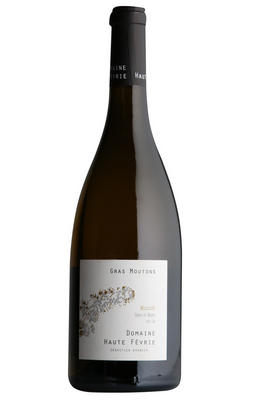Domaine la Haute Fevrie, Muscadet
£16.50
– bottle
(75cl)
Limited availability
Add item
2021 Muscadet Sèvre et Maine sur Lie, Gras Moutons, Domaine la Haute Févrie, Loire
White
2021
Drink, at peak
Full Bodied
Dry
12.0% Alcohol
Find out more



The Domaine "la Haute Févrie" lies 18 km south-east of Nantes, right in the middle of the Muscadet Sèvre et Maine appellation. The estate vines grow on the hills overlooking the Sèvre, between Saint-Fiacre and Monnières. They enjoy optimum ripening conditions and the Muscadet they produce is highly expressive of the soil it grew on.
The estate covers 30 hectares of vineyards, all under the Muscadet Sèvre et Maine AOC. The estate is broken into several plots, each with a different aspect and on different soil: siliceous clay or gravelly and shallow, all on metamorphic rock, resulting in a range of highly individual “clos”: Le Clos de la Févrie, Les Mauguitonnières, Les Gras moutons (Saint-Fiacre), Le Clos Joubert, Le Moulin de la Gustais, Le Clos du Pégatine and many others.
The vines are managed with environmentally friendly principles (no chemical fertilizers, with yield control and grape picking entirely by hand), and according to the Terra Vitis method for sustainable wine growing. All these practices result into Muscadet wines that reflect closely their terroir and the natural characteristics of the grape.